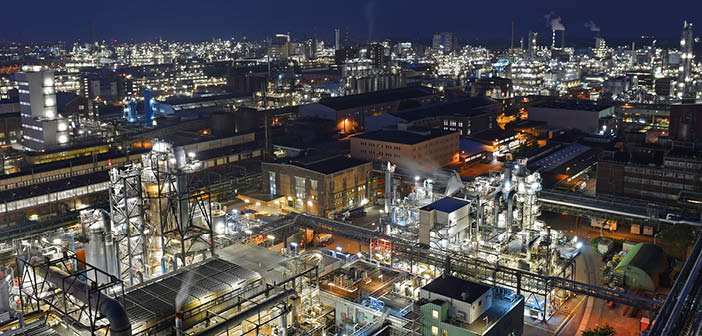According to reports, chemical giant BASF plans to close fertiliser production plants at its Ludwigshafen site in Germany. Specifically, the company will close a caprolactam plant, and one of two ammonia plants and associated fertiliser facilities on the site.
Dr Martin Brudermüller, chairman of the BASF’s Board of Executive Directors said in statement last month, “Europe’s competitiveness is increasingly suffering from overregulation, slow and bureaucratic permitting processes, and in particular, high costs for most production input factors.
“All this has already hampered market growth in Europe in comparison with other regions. High energy prices are now putting an additional burden on profitability and competitiveness in Europe.”
The changes are expected to significantly reduce the power and natural gas demand at the Ludwigshafen site, as well as reducing CO2 emissions by some 900,000 metric tonnes per year (around 4% of BASF’s global CO2 emissions). The company added that it intends to increase the use of renewable energy at the site.
“We are doing this because we believe in the future of the Ludwigshafen site, which is now in its 158th year. We believe in the people who work here, and we believe in the region Europe. We remain committed to this site and have the courage to further develop it,” said Brudermüller. “We want to develop Ludwigshafen into the leading low-emission chemical production site in Europe.”














